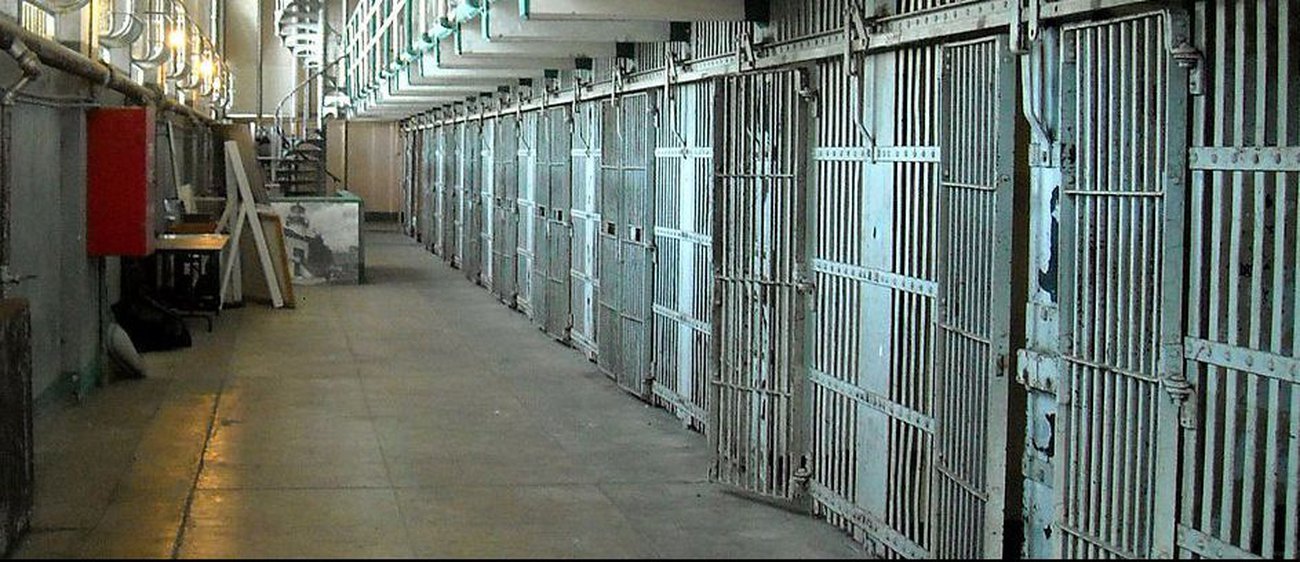‘They left him crying out all night:’ Two Egyptian detainees die of medical negligence in 24 hours
“They left him crying out all night.” Witnesses have told the tragic details about the death of political detainee Ibrahim Hosni Bassiouni.
Ibrahim Bassiouni from the village of Sheikh Fadl, Bani Mazar, in the governorate of al-Minya (southern Egypt) died on Friday of medical negligence in al-Minya Prison.
According to leaked testimonies from Ibrahim’s fellow detainees, the prison administration left the detainee despite the fact that he was ill and did not respond to his or his companions’ requests to take him to hospital until he died. His body remained in a cell in al-Minya Prison until Saturday morning.
The Shehab Centre for Human Rights held the prison administration responsible for Ibrahim Bassiouni’s death, demanding that the Public Prosecution Office investigate the conditions of his death and bring those responsible to account.
Ibrahim is not a unique case, he was preceded by hundreds of detainees who died in prison, including the late Egyptian President Mohamed Morsi.
In the same context, less than 24 hours later, another Egyptian detainee died on Saturday inside the prison in the province of al-Sharqia (north of Cairo), because of liver cancer which spread in most of his body because it was not treated.
The family of the detainee Alsayed Hilal Ali Faraj said he died as a result of deliberate medical negligence inside Dyarb Negm Hospital, after he was transferred from the Dyarb Negm police station in al-Sharqia governorate, on the verge of death two days before.
The family noted the deterioration of Alsayed’s health as a result of liver cancer which spread in the lungs and most of the body after being medically neglected in the police station. Officials refused to transfer him for treatment until his health deteriorated.
The family explained that “after the deterioration of his health while on the verge of death, he was transferred to Dyarb Negm Hospital where he died, after a series of violations documented by several human rights organisations, and appeals for his release to save his life.”
Security forces arrested Faraj, 60, at the end of July for allegedly joining a banned group and possessing inflammatory leaflets.
Hilal was an employee in the administrative education office from the village of Kafr al-Junaidi in the Dyarb Negm Centre in Sharqia Governorate (North Egypt). He had three children.
There is no specific figures on the death toll of Egyptian political prisoners as a result of torture, medical negligence, or even natural death, and all figures released by non-official bodies show only the magnitude of the disaster, not the details.
In its latest report Adalah has documented 22 deaths due to medical negligence in Egyptian prisons since the beginning of 2019, stressing that the number has increased over time, as well as that there are many detainees and prisoners suffering from medical neglect and waiting to receive treatment so as not to follow the fate of those who preceded them.
The Arab Organisation for Human Rights has monitored the deaths of 717 people inside various Egyptian detention headquarters since 2013, including 122 who died as a result of torture, 480 who died as a result of medical negligence, 32 as a result of overcrowding and poor conditions of detention, and 83 as a result of the corruption of detention facility administrations.
Al-Nadim Centre for Rehabilitation of Victims of Violence and Torture has documented deaths in various detention facilities as a result of torture from 2015 to the first half of 2019. In 2015, 80 citizens died in different detention facilities, including five who died of torture, and in 2016, 123 citizens died inside various detention centres, of whom 24 died due to torture.
In 2017, 118 Egyptians died in various places of detention, 20 of them died of torture, and in 2018, 67 died in various places of detention, including seven who died of torture. In the first half of 2019, 30 Egyptians died in various detention facilities, including five who died of torture, according to the Nadim Centre.
Egypt witnessed the construction of 23 new prisons from 2013 to 2018 in line with the methodology of expanding arrests, closing the public sphere and unfair trials.
The number of political prisoners in Egypt is currently about 60,ooo, not including those who are held in 320 detention centres inside police stations or in the unknown and secret places of illegal detention.





Recent Comments